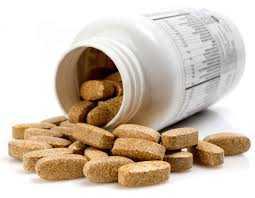Multivitamins
Several scientific reviews have shown daily multivitamins to have a weak effect on preventing heart attacks and improving cognition. Instead of taking one pill that can't possibly fit every person's daily requirements, it’s recommended to supplement specific deficiencies or needs.
If you're worried about a particular health problem, pay no attention to your diet, or are always dieting, then search for the common vitamin weakness, and look at your diet.
96
535 reads
CURATED FROM
IDEAS CURATED BY
I have a passion for games and books. Avocado is my fuel. And superfood in general.
The idea is part of this collection:
Learn more about health with this collection
The importance of physical activity
The role of genetics in lifespan
How to maintain a healthy diet
Related collections
Read & Learn
20x Faster
without
deepstash
with
deepstash
with
deepstash
Personalized microlearning
—
100+ Learning Journeys
—
Access to 200,000+ ideas
—
Access to the mobile app
—
Unlimited idea saving
—
—
Unlimited history
—
—
Unlimited listening to ideas
—
—
Downloading & offline access
—
—
Supercharge your mind with one idea per day
Enter your email and spend 1 minute every day to learn something new.
I agree to receive email updates
